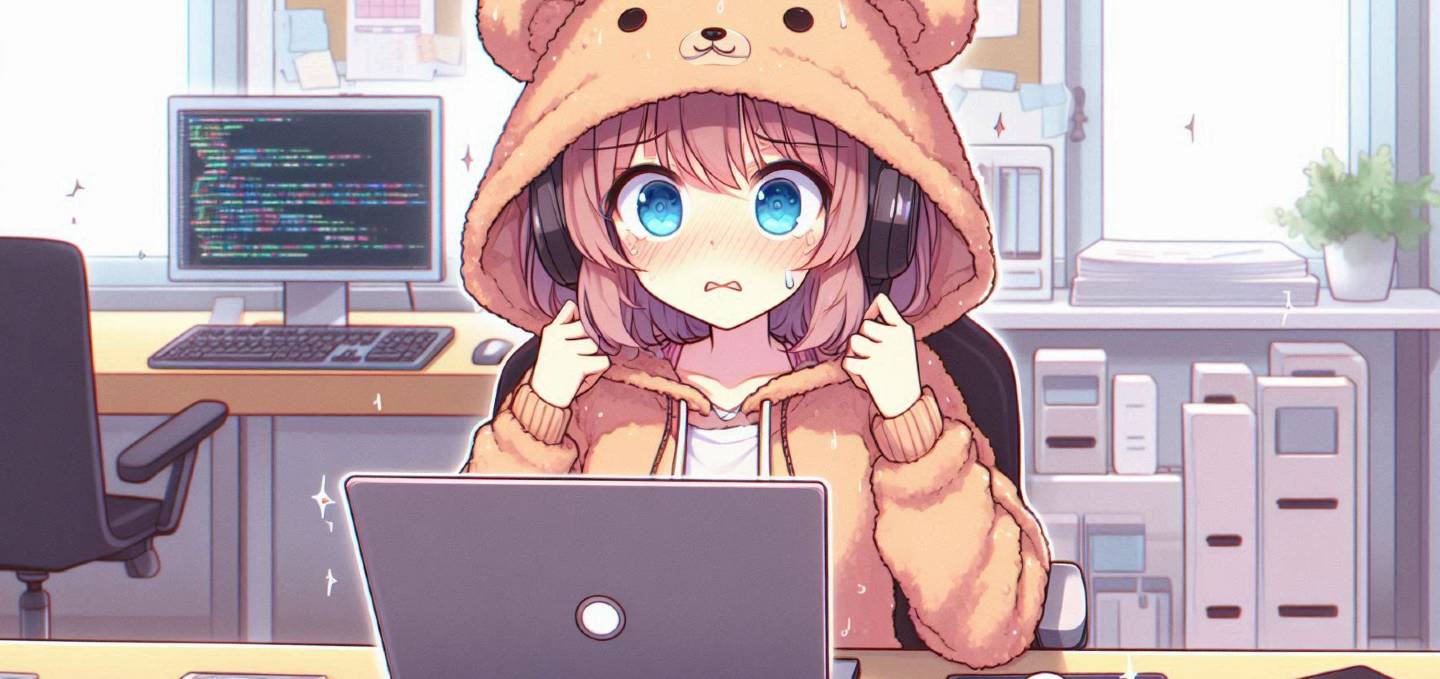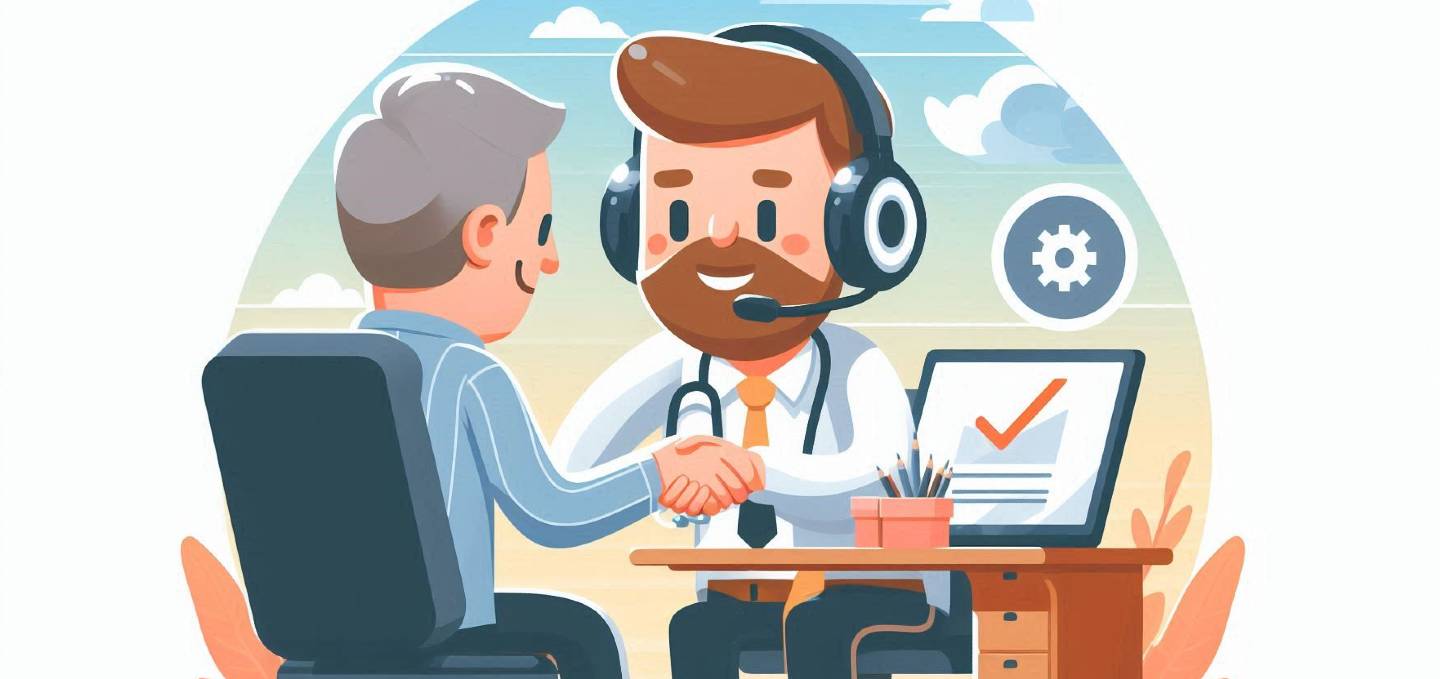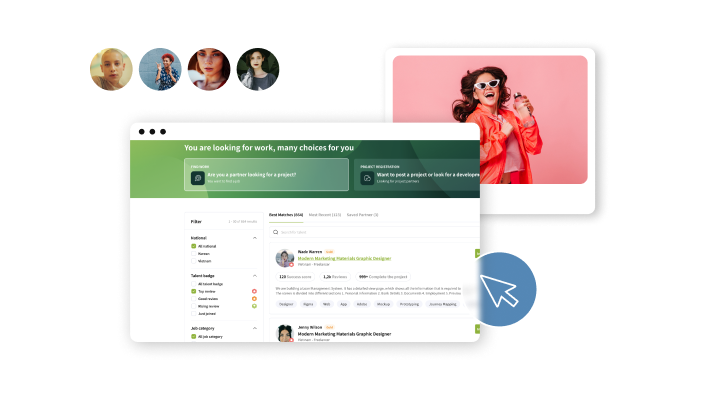Choker.
Have you heard this word? In sports, it describes a player who gets nervous and makes mistakes at critical moments. People usually say they have a “weak mentality.”
That same situation can easily happen when you're freelancing—especially when you're sent alone into a client's office.
Working remotely is easier on your mental state. You're in a familiar space, and you can manage stress over messages or calls.
But being physically present at a client’s office, alone, is a totally different story.
A Stranger Among a Tight-Knit Team
A client’s office isn’t just a workspace. It’s a place full of team members who’ve been working together for a long time. They understand each other’s personalities, speak in shortcuts, and naturally support one another.
Now imagine stepping into that environment as a freelancer—completely alone.
At first, you might get the spotlight.
You’re the “outside expert,” “the key person for this project.” There may even be high expectations for you.
But that doesn’t last long.
Once you start taking the lead on decisions or suggesting changes to how things are done, the vibe shifts. Suddenly, you’re not one of them—you’re the outsider.
Sometimes, you even become the unspoken enemy of the group.
Then come the subtle pushbacks, awkward silences, and even sarcastic comments.
It’s not easy to stay calm and focused in this kind of environment. Honestly, it can feel like going into battle alone.
So, How Do You Survive?
If you’ve ever worked this kind of project, you know what I’m talking about. That’s why, when I’m on-site alone, I remind myself:
“I’ve been sent into enemy territory—alone.”
It’s not just a metaphor.
It’s a mindset: you need to be careful, thoughtful, and strategic with every word and action.
Here are three survival tips I’ve learned from experience.
1. Don’t Turn the Client Into an Enemy
This is the most important rule.
Even if conflict happens, don’t push back too hard. Arguing or confronting clients directly will only hurt you in the long run.
Try to understand their perspective, and express your opinions in a calm, respectful way. Don’t get emotional—stay rational and professional.
2. Every Word and Line of Code Matters
When you're an outsider, even small mistakes can get blown out of proportion.
Especially in on-site freelance roles, the code you write becomes your biggest risk.
One small bug, and you’ll hear things like: “See? That’s why we shouldn’t trust outsiders.”
So test everything thoroughly.
If something might be unclear, explain it beforehand.
Calm explanations and well-tested code are your best defense.
3. Protect Your Mental State
Even strong people get worn out in unfamiliar environments—especially when they’re alone.
You’re constantly reading the room, watching what you say, and trying to stay in control.
That’s why I always carry a pair of earbuds.
When things get mentally overwhelming, I take a break—go to the restroom or step outside—and listen to music I like.
Those short moments of reset keep me going.
(White noise or ambient music works great too, especially for focus.)
Freelancing Is a One-Person Battle
Freelancing is a job that relies heavily on your mindset.
Yes, your skills matter. But your attitude and mental strength matter even more—especially when you’re working alone at a client site.
In many cases, your mindset breaks down before your skills do.
So just enduring those moments—that’s already a form of skill.
We all have our own ways of staying mentally strong.
But I believe these three strategies apply to everyone:
Don’t turn the client into an enemy
Minimize mistakes and miscommunication
Build your own mental recovery routine
Freelancing can be freeing—but it can also be isolating.
That’s why protecting your mindset might just be the most important skill you can sharpen as a freelancer.













Để lại phản hồi